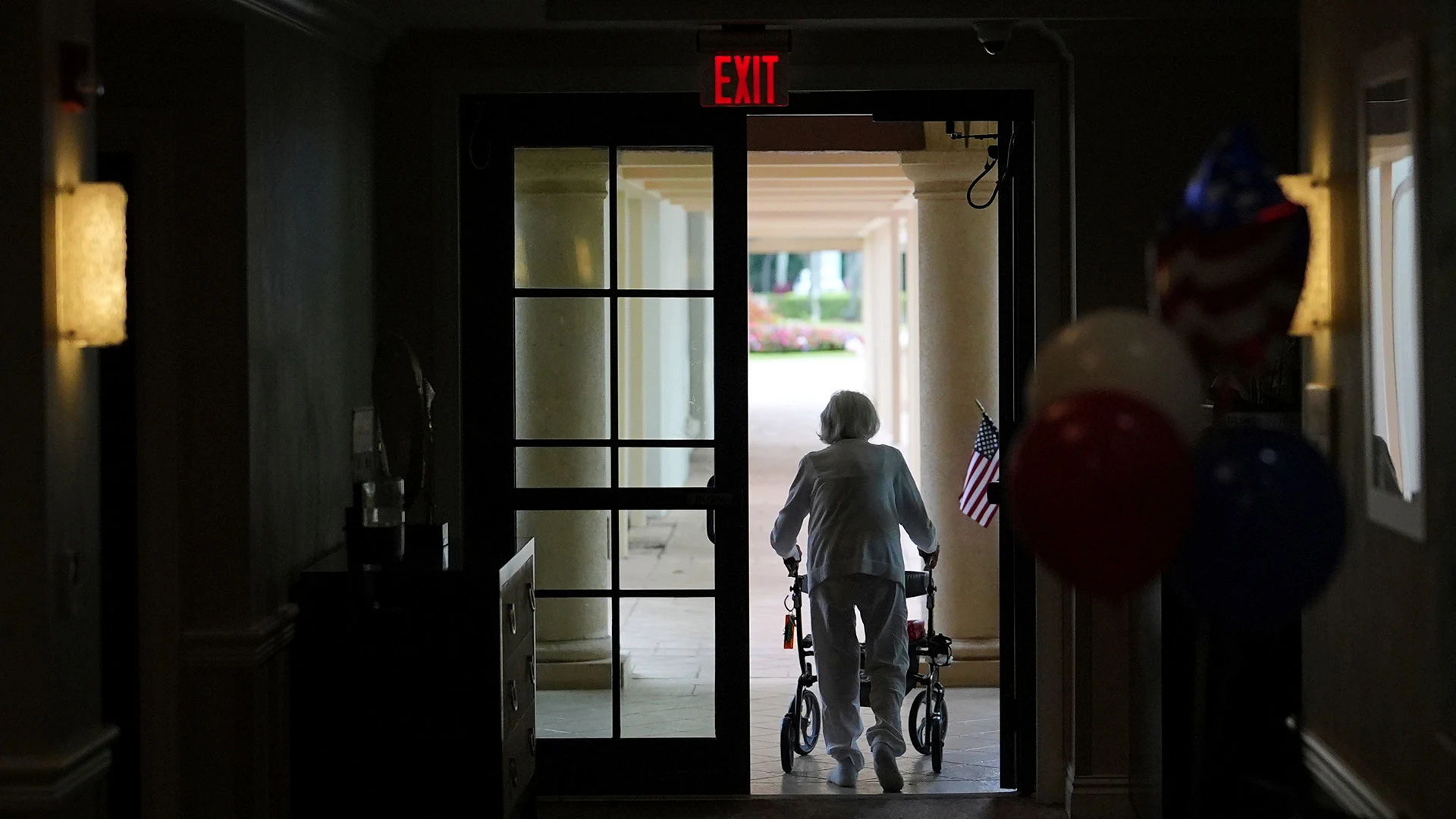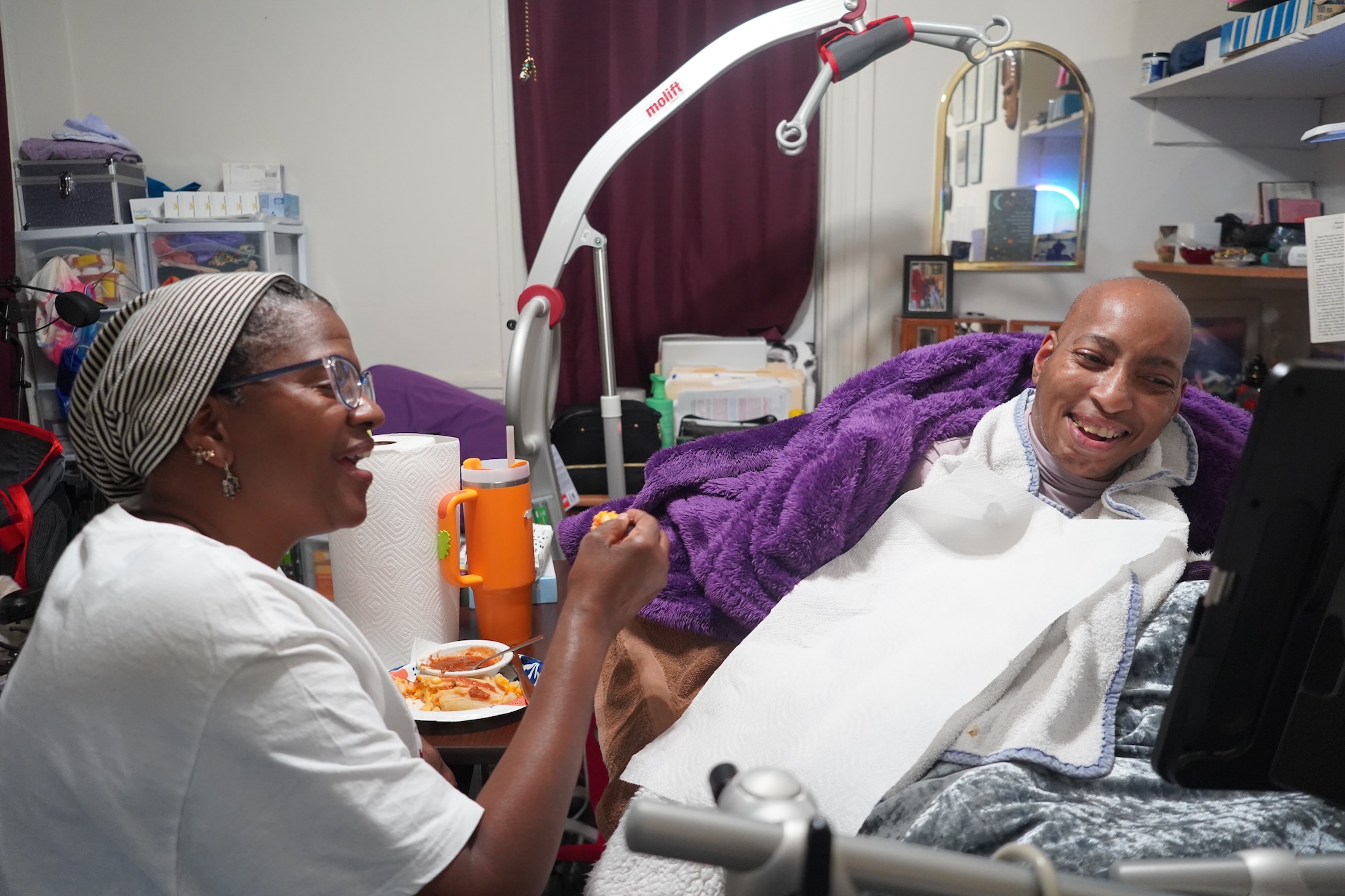#long-term care
#long-term care
[ follow ]
#long-term-care #medicaid #retirement-planning #medi-cal #estate-planning #family-caregiving #aging-population
fromThe Mercury News
1 month agoCOVID prepared long-term care facilities for norovirus threat
A new norovirus strain, known as GII.17, spiked throughout the Bay Area last winter, according to wastewater monitoring that tracks disease trends. Experts say the strain spreads more efficiently than earlier versions of the so-called winter vomiting disease. Older adults are especially vulnerable, facing complications such as dehydration from gastrointestinal illnesses. As winter returns, the virus is again circulating, with high concentrations reported in the East Bay and on the Peninsula.
Public health
fromIndependent
1 month ago'That day in Fairview Park was the first time he kissed a girl' - translator on the brutal attack that changed Guido Nasi's life
Translator who broke the rules to become decades-long friend of Guido Nasi tells of their relationship and the lives destroyed by one brutal act
Miscellaneous
fromwww.amny.com
3 months agoOp-Ed | New York's caregivers can no longer be invisible | amNewYork
Every November, the country observes National Family Caregivers Month a tribute to the millions of Americans who help aging parents, disabled spouses, or loved ones with chronic conditions. But once the tributes end, the reality continues. On any given morning commute on the subway or bus, chances are one of the riders alongside you is juggling a full-time job and a second, hidden shift as a family caregiver.
Public health
LGBT
fromLGBTQ Nation
3 months agoCalifornia's Supreme Court upholds LGBTQ+ protections for elders in long-term care - LGBTQ Nation
California law protects LGBTQ+ long-term care residents from discrimination, harassment, and deliberate misgendering, and courts have upheld pronoun and housing protections.
fromCity Limits
3 months agoOpinion: Aging in Place Shouldn't Cost Everything You've Worked For
Every day at Encore Community Services in Midtown Manhattan, I meet older New Yorkers who worked their whole lives and now face an impossible choice. They can drain their savings to pay for home care, or try to live without the help they need to stay safe at home. Medicaid, the public insurance program for people with very low incomes, will pay for long-term home care.
US politics
fromNature
5 months agoCan We Fix America's Dementia Care Crisis before It's Too Late?
The rate of Alzheimer's diagnosis has declined steadily in recent decades, but as baby boomers age, the number of new cases continues to rise. The top risk factor for dementia is age, and by 2030 more than one in five Americans will be 65 or older. That means the prevalence of Alzheimer's in the U.S. could exceed 13.8 million people by 2060.
Public health
fromIrish Independent
8 months agoHealthy ageing not enough to dampen looming demand for nursing-home care, new report warns
Ireland has experienced tremendous improvements in life expectancy in recent decades. This means there is, and will be, a much larger population at older ages who require long-term care services to support them at home, or within residential facilities.
Public health
[ Load more ]










